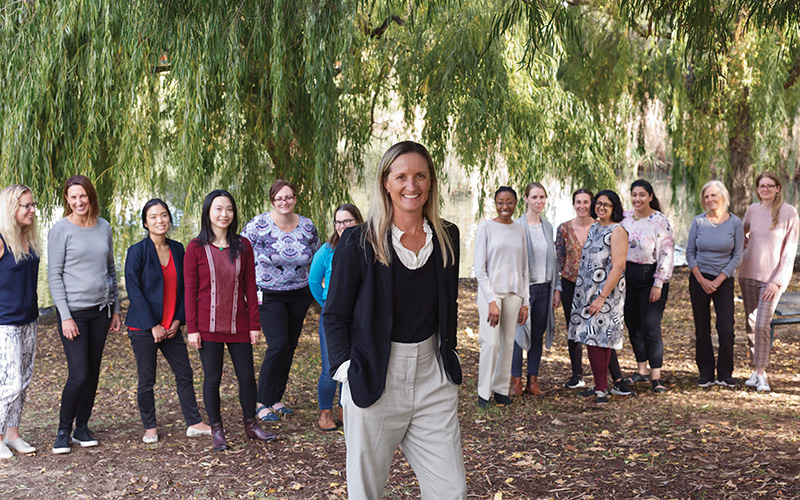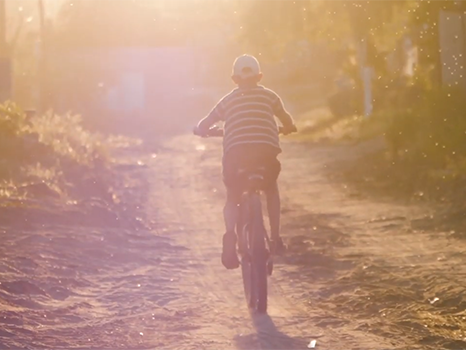Search
Showing results for "Professor"
Research
Early morbidity and mortality following in utero exposure to selective serotonin reuptake inhibitorsThe early years of life have a profound effect on a child's developmental pathway.
Research
PATRIC: Pragmatic Adaptive Trial for Respiratory Infections in ChildrenChristopher Peter Tom Blyth Richmond Snelling MBBS (Hons) DCH FRACP FRCPA PhD MBBS MRCP(UK) FRACP BMBS DTMH GDipClinEpid PhD FRACP Centre Head,

The Kids Research Institute Australia researchers are urging governments to listen more to what kids need.
Research
A large proportion of poor birth outcomes among Aboriginal Western Australians are attributable to smoking, alcohol and substance misuse, and assaultA large proportion of adverse outcomes were attributable to the modifiable risk factors of substance use and assault
Research
Activated Outside School Hours Care (OSHC)Hayley Karen Christian Lombardi BSc (1st Class Hons), PhD (Distinction) W.Aust. BHSc (Hons), PhD Head, Child Physical Activity, Health and
Research
Jean Golding - A testimonialA testimonial about Jean Golding's achievements in paediatric epidemiology.
Research
Nirsevimab immunisation of infants and respiratory syncytial virus (RSV)-associated hospitalisations, Western Australia, 2024: a population-based analysisChristopher Peter Hannah Blyth Richmond Moore MBBS (Hons) DCH FRACP FRCPA PhD MBBS MRCP(UK) FRACP OAM BSc (Hons) GradDipClinEpi PhD Centre Head,

News & Events
WA Cystic Fibrosis Research Collaborative Program GrantsNew hope is on the horizon for people living with cystic fibrosis.
Research
Indigenous infants in remote Australia retain an ancestral gut microbiome despite encroaching Westernization
Studies of traditional Indigenous compared to 'Western' gut microbiomes are underrepresented, and lacking in young children, limiting knowledge of early-life microbiomes in different cultural contexts. Here we analyze the gut metagenomes of 50 Indigenous Australian infants (median age

News & Events
Keeping your kids moving during WA’s hard lockdownWestern Australia’s sudden hard lockdown came without warning and unlike when COVID-19 first kept us at home last year, there are now rules on how long we can spend exercising outside.
